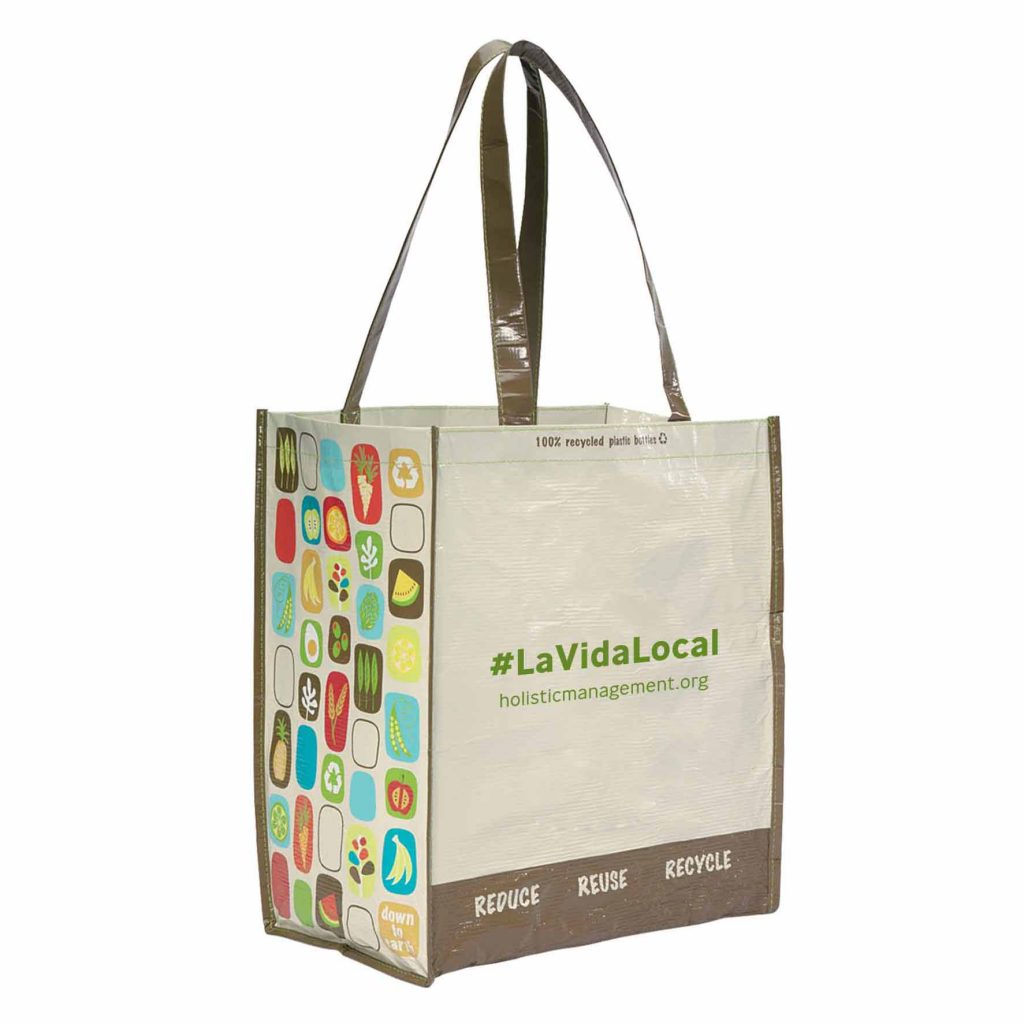A recent article in the Guardian highlighted a U.N. report from the human rights council that denounced the myth that pesticides are necessary to feed the world. The world population will be 9 billion by 2050 and estimates indicate that we can already grow enough food for that population. World hunger is more of an issue of inequitable distribution, and in the meantime there is much damage caused by pesticide use despite pesticide companies arguing that the world cannot be fed without pesticides.
Death from pesticide use is estimated at 200,000 deaths/year from direct acute poisoning. Added to those numbers are all the illnesses or diseases that occur through contact with pesticides or eating food with pesticide residue. In addition, even in developed countries where there is greater restriction on pesticides which protect the general public, farm workers are still directly affected. With 90% of farm workers being undocumented in the U.S. there is little legal resource or health care to help them address the issues that arise from this exposure.
Of course, the market for pesticides is a lucrative one at $50 billion, so there is a great deal of lobbying to reduce or limit pesticide regulation. The current challenge is that even though certain pesticides are banned in one country, a pesticide manufacturer in that same country can manufacture and market that pesticide in another country where it isn't banned. That is why there is a call for a global treaty that would govern the use of pesticides internationally. Such an action would encourage more agricultural producers to use sustainable or regenerative practices that would also reduce dependency on pesticides and increase land resiliency.
Gabe Brown is one Holistic Management producer who has been able to increase yields from his regenerative agricultural practices while reducing his dependence on herbicides.
Likewise, Kevin Fulton has doubled his wheat yields compared to his neighbors and also been able to raise three crops a year in his biologically active soils compared to his neighbors who have sterilized their soil with pesticides and can only grow one crop a year.
To learn more about Holistic Cropping practices, purchase our Holistic Cropping Planning Manual today.
Stay up-to-date with the latest HMI happenings with our free bi-monthly e-newsletter, Covering Ground. New training opportunities, case studies, recipes, contests and more delivered right to you!
When you sign up, we’ll send you a free #LaVidaLocal window decal!
And now you can show your support of local farmers and ranchers with our
100% organic cotton T-shirt and recycled shopping tote bag! Order yours today!



